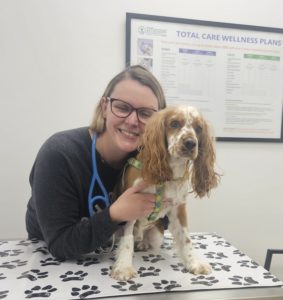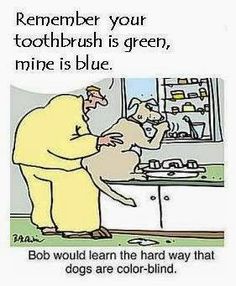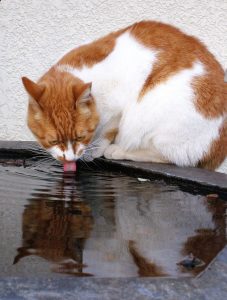
Total Veterinary Care’s Dr. Koczen with a patient during a routine exam
We hear this question every day:
“My pet appears healthy and shows no signs of concern. Why is it important for a veterinarian to examine him when there are no obvious issues?”
We feel it’s important for people to understand exactly why routine exams are vital to animal health.
Our pets are unable to speak to us, and they instinctively hide their pain and illnesses. This makes it very difficult for pet parents to recognize when there’s a problem. Our goal is to catch the clinical signs of the disease at their earliest stages.
Routine exams help keep your pet healthy by allowing your veterinarian to look for any early signs of illnesses or diseases. A normal baseline of your pet’s health is first established. This will then be used to detect future abnormalities before they become serious problems. When problems are detected in their early stages, they are far more likely to be treated with better success and less expense.
What happens during your pet’s routine wellness exam?
The veterinary team will evaluate the general condition of your pet. This includes listening to the heart and lungs, assessing body condition, eyes, ears, mouth/teeth, skin, hips and knees, abdominal palpation, and more. Your veterinarian will discuss any recommendations they may have for your pet based on several factors — their age, overall health and breed. These wellness exams will help your pet achieve and maintain their ideal health.
Catching issues early is not only better for your budget, but much better for your pet’s health. Remember, an ounce of prevention is worth a pound of cure!
If it has been more than 6 months since your pet has visited a veterinarian, contact your local Total Veterinary Care to schedule a wellness exam! And while you are there, ask about our Total Care Wellness Plans which cover key services and at affordable monthly installments.






